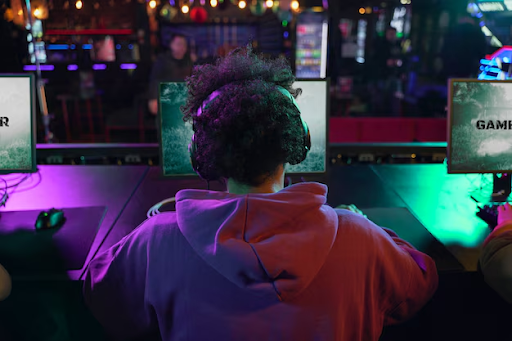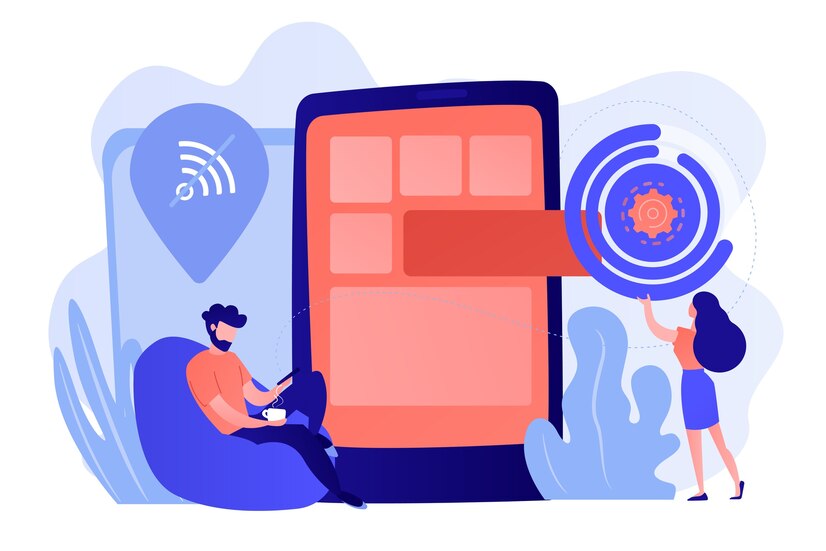The Amanda Cerny leaks scandal has taken the internet by storm, sparking debate and controversy regarding privacy, security, and online safety. For those unfamiliar with the situation, Amanda Cerny, a popular social media influencer and actress, found herself at the center of a scandal when private and intimate photos and videos were leaked online without her consent. The incident not only violated her privacy but also raised questions about digital security and the risks associated with storing personal data online. In this comprehensive article, we will delve into the Amanda Cerny leaks scandal, its implications, and provide insights on how individuals can protect themselves in an increasingly digital world.
Understanding the Amanda Cerny Leaks Scandal
Who is Amanda Cerny?
Amanda Cerny is a well-known social media influencer, model, and actress with millions of followers across various platforms such as Instagram, YouTube, and TikTok. She has collaborated with numerous brands and celebrities, gaining fame for her comedic sketches, fitness videos, and lifestyle content.
What Happened?
The Amanda Cerny leaks scandal refers to the unauthorized disclosure of private and intimate photos and videos belonging to Amanda Cerny. These materials were shared online without her consent, leading to widespread dissemination across social media and other websites.
Implications of the Leak
The leak not only infringed upon Amanda Cerny’s privacy but also had emotional and psychological repercussions. The dissemination of private content without consent can have serious consequences for the individual involved, including feelings of violation, anxiety, and distress.
Privacy and Online Security
Importance of Privacy
Privacy is a fundamental human right that encompasses the control individuals have over their personal information and how it is shared with others. In the digital age, maintaining privacy is essential to safeguarding one’s dignity, autonomy, and security.
Risks of Online Exposure
The Amanda Cerny leaks scandal highlights the risks associated with storing sensitive data online. Whether it’s personal photos, financial information, or private messages, individuals face the threat of unauthorized access and disclosure, leading to issues such as identity theft, cyberbullying, and reputation damage.
Digital Security Measures
To mitigate the risk of privacy breaches and unauthorized leaks, individuals can take proactive steps to enhance their digital security. This includes using strong, unique passwords for online accounts, enabling two-factor authentication, being cautious about sharing personal information online, and regularly updating privacy settings on social media platforms.
Legal and Ethical Considerations
Legal Protections
In many jurisdictions, there are laws and regulations in place to protect individuals from privacy violations and unauthorized disclosure of personal data. Legal recourse, such as filing a lawsuit for invasion of privacy or copyright infringement, may be available to victims of leaks and online harassment.
Ethical Responsibility
Beyond legal protections, there is an ethical imperative for individuals, internet users, and online platforms to respect the privacy and dignity of others. Upholding ethical standards of conduct can help create a safer and more respectful online environment for all users.
Protecting Yourself Online
Secure Password Practices
Use complex, unique passwords for each online account and consider using a password manager to securely store and manage your login credentials. Avoid using easily guessable passwords such as “123456” or “password.”
Enable Two-Factor Authentication
Add an extra layer of security to your online accounts by enabling two-factor authentication (2FA). This verification method requires an additional code or authentication token to access your account, reducing the risk of unauthorized access.
Be Mindful of Sharing Personal Information
Exercise caution when sharing personal information, photos, or videos online. Think twice before posting sensitive content and consider who may have access to it. Once something is shared online, it can be challenging to control its dissemination.
Regularly Review Privacy Settings
Frequently review and adjust the privacy settings on your social media accounts and other online platforms. Limit the visibility of your personal information and content to ensure that only authorized individuals can view or interact with it.
Stay Informed About Privacy Risks
Educate yourself about common privacy risks, online threats, and security best practices. Stay up to date on the latest trends in digital security and privacy to protect yourself effectively in an evolving online landscape.
FAQs (Frequently Asked Questions)
1. What are the potential consequences of unauthorized leaks and privacy breaches?
Unauthorized leaks and privacy breaches can have severe consequences, including emotional distress, reputational damage, identity theft, cyberbullying, and legal ramifications.
2. How can individuals enhance their online privacy and security?
Individuals can enhance their online privacy and security by using strong passwords, enabling two-factor authentication, being cautious about sharing personal information online, and regularly reviewing privacy settings on social media platforms.
3. What legal protections are available to victims of privacy violations and unauthorized leaks?
Victims of privacy violations may have legal recourse, such as filing a lawsuit for invasion of privacy, copyright infringement, or other relevant legal claims depending on the jurisdiction.
4. What ethical responsibilities do individuals, internet users, and online platforms have regarding privacy and data protection?
There is an ethical responsibility for individuals, internet users, and online platforms to respect the privacy and dignity of others, uphold ethical standards of conduct, and create a safe and respectful online environment.
5. How can individuals stay informed about privacy risks and security best practices?
Individuals can stay informed about privacy risks and security best practices by educating themselves on common online threats, following reputable sources for digital security news, and staying up to date on evolving privacy regulations and guidelines.
In conclusion, the Amanda Cerny leaks scandal serves as a stark reminder of the importance of privacy, security, and ethical behavior in the digital age. By understanding the risks of online exposure, implementing robust security measures, and respecting the privacy rights of others, individuals can navigate the digital landscape more safely and responsibly. Ultimately, safeguarding one’s privacy and data is a shared responsibility that requires vigilance, awareness, and a commitment to promoting a culture of respect and integrity online.






